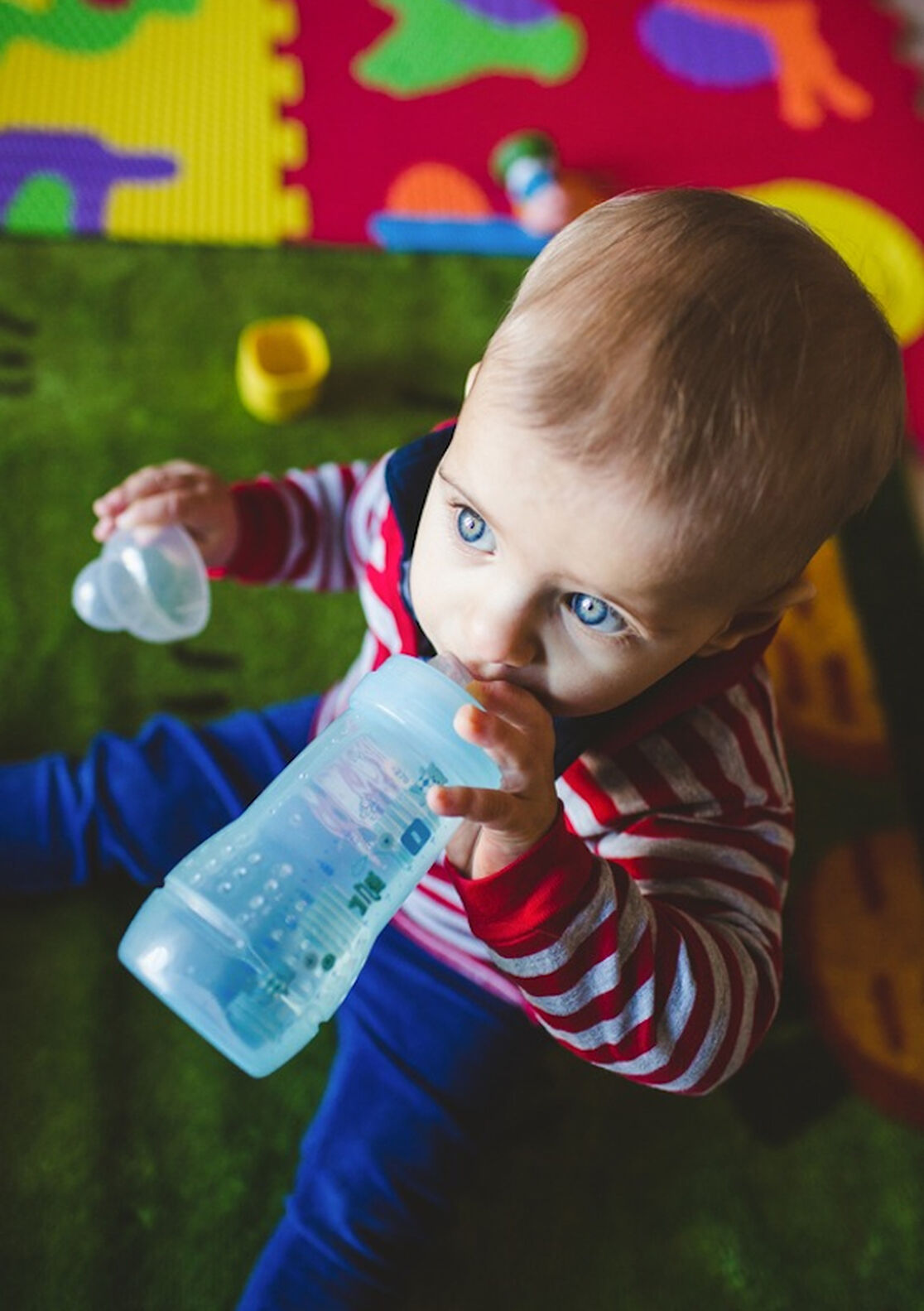All my life I have heard phrases like, “Drink plenty of water,” “Keep yourself hydrated,” or “Be sure to get your eight glasses a day.” These reminders are to make sure I drink enough water every day. When I used to drink only sodas, my doctor asked me, “Do you wash your clothes in soda?” Of course, I told him that I didn’t. He said, “Then don’t wash your body organs in it.” This made sense to me and I put down the soda bottle and picked up the water bottle instead.
Water is Full of Healthy Outcomes
Water is not only good for your family’s health, but getting enough of it is essential to life. Water makes up about 75 percent of an infant’s body according to the National Institute of Health. In the United States, about 22 percent of the water we ingest comes from our daily diet. This number is higher in countries where the diet consists of more fruits and vegetables, like Greece. Water has many functions in our body that keeps us healthy.
Ways that water can help:
- Aids in digestion
- Cushions the brain, spinal cord, and eyes
- Distributes nutrients to the cells
- Helps in the process of breaking down the food you eat
- Helps remove waste products from the body
- Keeps you hydrated
- Lubricates joints
- Maintains body temperature
Role of Water Inside the Body
What happens to water when we take a drink?
1. Water enters the mouth and helps with the digestion process by mixing with enzymes and fluid in our mouths.
2. It passes down the esophagus into the stomach (water does not need to be digested to be absorbed).
3. It passes into the small intestine where it gets absorbed into the body and flows to the kidneys together with blood. (Kidneys regulate water balance in our bodies and help eliminate waste that flows out in urine.)
Water is used as a transport fluid for cells, nutrients, and waste. It is also used by cells in many chemical reactions in the body. For example, chemicals and electrolytes, such as sodium and potassium, are needed for nerves to send proper electrical signals. This can help the muscles work better when your child runs outside and plays sports.
Water helps maintain our body temperature. When we exercise or are in a hot environment, our body sweats, or releases water through our skin. This is a function that keeps our bodies cool so that we don’t overheat in these conditions.
Our brains, joints, and even a baby in the mother’s womb are all surrounded by liquid made up partially of water. This fluid helps to cushion the organs and the baby inside the womb. As mentioned above, the fluid keeps joints lubricated and working properly to help prevent injury during normal daily activities. It keeps our brain and eyes cushioned and protected as well.
Not Enough Water
When your body doesn’t have enough water, it may lead to electrolyte abnormalities, which can have a negative effect on nerve function. There have even been studies that suggest that when you stay well hydrated, you are able to think better and clearer. This is especially good for children focusing on school and extracurricular activities.
Make hydration and drinking plenty of water a priority. Being hydrated keeps enough water circulating in our bodies to make sure it can perform all of the functions listed above. When I asked Matthew Keefer, MD, attending physician, General Pediatrics at Children’s Hospital Los Angeles how much daily water he recommends for his patients, he said that he tells parents to have their children drink enough water so that their child’s urine stays a light straw (very light yellow) color. If your child’s urine is turning dark yellow or amber colored, your child is not drinking enough water to stay properly hydrated.
My advice to you is stay healthy, drink plenty of water and ask your pediatrician for recommendations of how much water your child should drink each day, especially if your child has any specific health conditions that they are currently being treated for.
To read more of Tere’s pediatric health care tips, visit WeTreatKidsBetter.org!
~ Tere Jones, RN, CPN, Clinical Care Coordinator, Care Coordination Department at Children’s Hospital Los Angeles
We aim to provide you with the most honest and credible information possible. This article was reviewed for accuracy by The Honest Team and was written based on sources that are linked at the bottom of the article.
blog_review_statement



